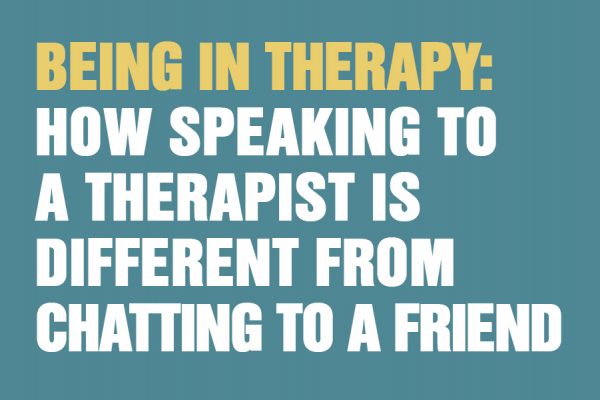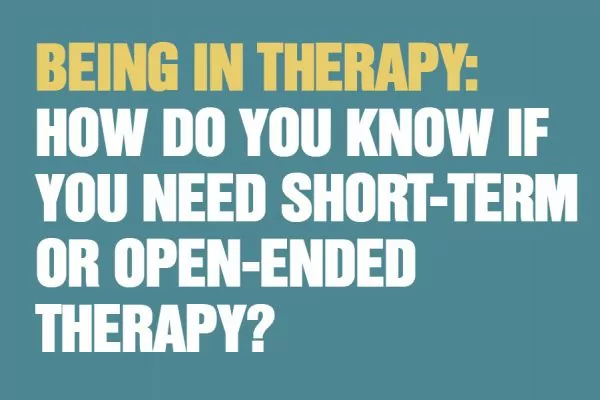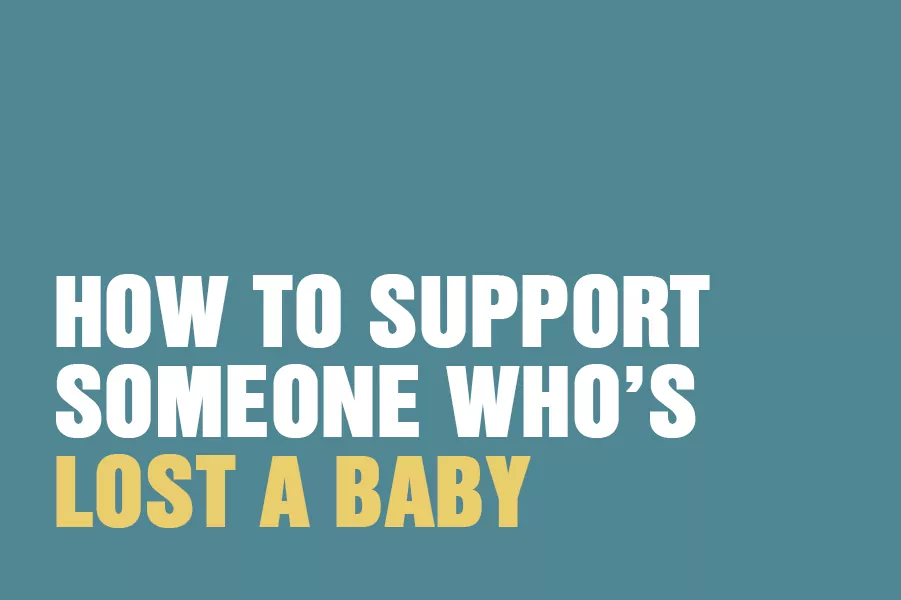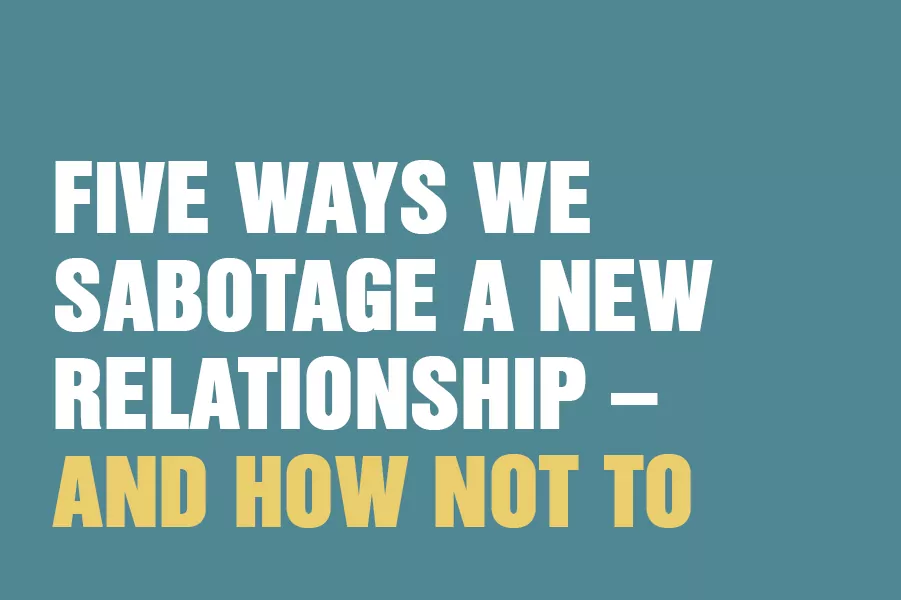Being In Therapy: How Speaking To A Therapist Is Different From Chatting To A Friend
“It’s good to talk,” so the old saying goes – and this year’s National Conversation Week (19th – 25th March) is encouraging us all to put our smartphones down, take…










